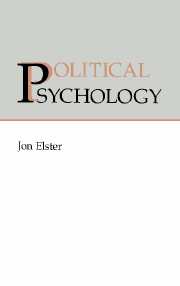Book contents
2 - Internal and External Negation: An Essay in Ibanskian Sociology
Published online by Cambridge University Press: 05 June 2012
Summary
A logician by profession and a novelist and sociologist by vocation, Alexander Zinoviev has created a literary genre of which his own work is the sole example. In order to have an idea of the highly individual nature of his approach, one would have to imagine someone with the ferocity of Swift, the burlesque of Rabelais, the surrealism of Catch 22, the paradoxes of Lewis Carroll (like Zinoviev, a logician) and the sociological intuition of Simmel. But a description by juxtaposition is bound to be inadequate. To summarize his work, I prefer to use a comparison that might not be to his liking (but who knows?): He does for contemporary communism what Marx did for the capitalism of his time. Just as Marx strove to demonstrate the workings of capitalist irrationality, Zinoviev takes us into a hallucinatory world where even false teeth go bad (YH, p. 771) and artificial flowers wither (YH, p. 780). But it is not a chaotic world. It is governed by principles that are as irrational as they are intelligible, and the task Zinoviev sets for himself is indeed that of understanding the irrational. The irrational object is Soviet society; the method adopted for understanding it derives largely from modal logic. We shall see that Zinoviev belongs not only to that tradition but also, and perhaps without realizing it, to the dialectical lineage of Hegel and Sartre.
- Type
- Chapter
- Information
- Political Psychology , pp. 70 - 100Publisher: Cambridge University PressPrint publication year: 1993



